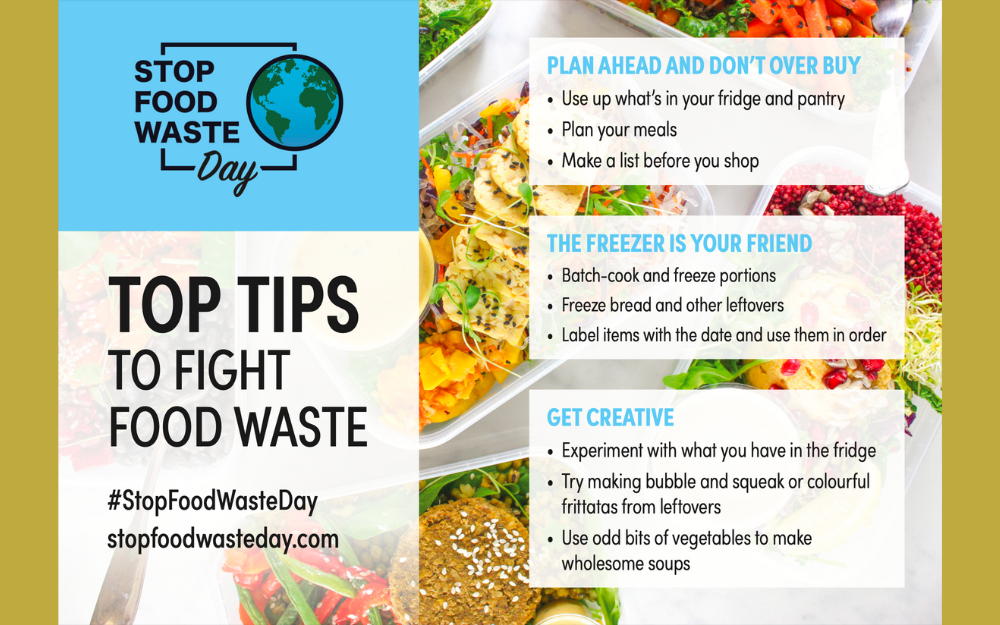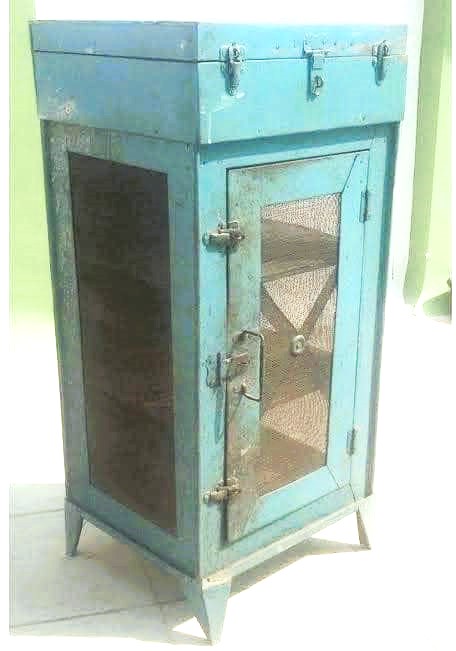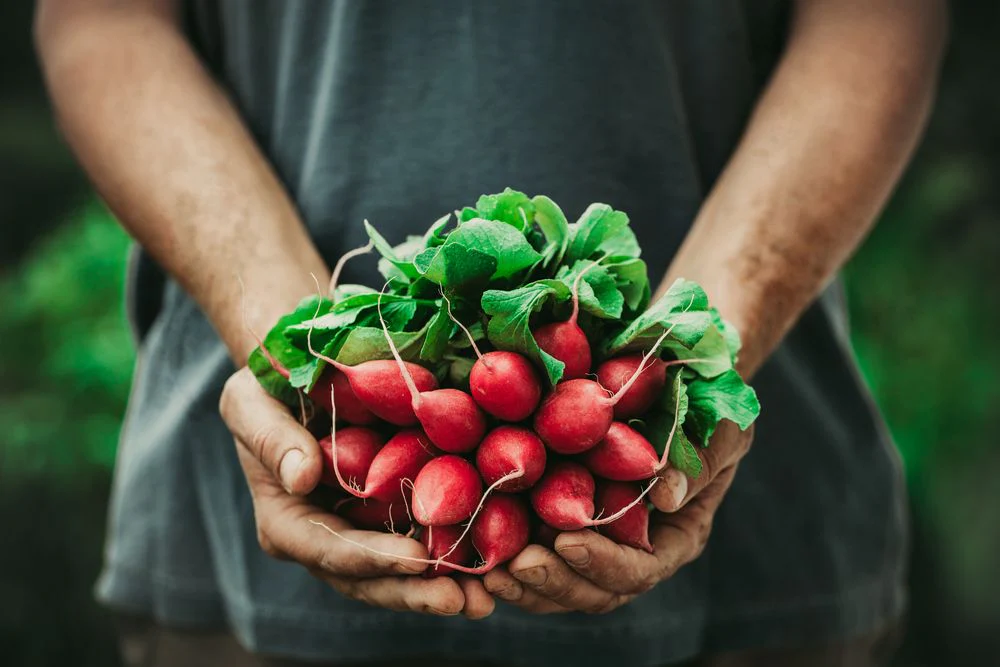Food waste is a serious global issue being brought to light by Stop Food Waste Day. Once used a device to keep precious food from going to waste, a namat khana has become a phrase that nods at the respect and reverence for food.
In the U.S. and around the world approximately 40% of all edible food is wasted, according to a USDA report. On the other hand, globally, 149 million children under age five are malnourished, according to World Health Organization (WHO) data.
This year April 24, 2024 will be commemorated as Stop Food Waste Day to highlight this disparity. The annual Stop Food Waste Day is the largest single day of action in the fight against global food waste. Started in 2017 by Compass Group U.S.A. it is now recognized in every corner of the world to educate, inspire and ignite change.

In our country, we are blessed with abundance of food, we should not take this blessing for granted. We often hear distressing headlines or videos of famine in underdeveloped parts of the world. We watch the news while enjoying our food and are desensitized to the extent that we still waste our leftover food despite witnessing the suffering of humanity.

Abbas Ali, M.D.
Food waste occurs along the entire spectrum of production, from the farm to distribution, to retailers and the consumer. If food waste were a country it would be the third largest greenhouse gas emission producing country in the world.
Uneaten food at stores, restaurants and in homes is an annual loss of $161 billion to our economy and is also environmentally harmful. If even 25% of the food currently lost or wasted were saved, it could feed 870 million hungry people.
I grew up in an era when food was considered a precious gift of God and people of all cultures and ethnic backgrounds had a respect for food. Dinner table etiquette used to be a reflection of successful parenting around the globe. In some regions of Southeast Asia people still pick up pieces of bread from the floor, kiss them and put them aside or feed animals. It was a certain level of respect.
I still remember a common practice in the subcontinent called khurchan (means “scrapings” in Urdu) to scrape every morsel of food out of a bowl, pan or jar before cleaning utensils, just to prevent food particles going down the drain.
I also remember my youth years, when every kitchen in the subcontinent used to have a special cabinet with a net screen on all four sides, called a namat khana (translated from Persian to mean, “box of blessing”) for the preservation and storage of leftover food.

A special cabinet used for preservation and storage of leftover food called namat khana, means a “box of blessing.”
This extra food was available all day long and to everyone. The elders of the family were all familiar with food preservation techniques such as sun drying of vegetables and fruits and long term preservation of food with vinegar, oil and spices (in Urdu, it is called making aachar). The namat khana used to be full of spicy and tasty food everyday and all year long.
With industrialization, rapid pace of life and the practice of drive through dining, our relationship of respect with food has changed completely. In today’s world there is no place for dinner etiquette, table manners or food preservation. Food has become another disposable item in our life. Even throughout the Subcontinent practices have changed, namat khana, has now been replaced by garbage and a food disposal grinder and become a symbol of what was once a significant practice of food preservation.
There are many regions of our planet still struggling with food production, famine and malnutrition. It’s time to think again about ways to preserve and prevent food waste. Personally, whenever I think of the philosophy of “Namat Khana” it reminds and motivates me to conserve and respect food as a gift of God.
Top tips to reduce food waste
- Plan ahead by making a list and only buying what you know you’ll use. A family of four loses around $1500 a year by wasting food.
-
Waste less with kids. Start with small portions and minimize untouched food. We want our kids to try new foods, but studies show many children have to try a food up to 15 times before accepting it. You can always offer seconds when they’re interested.
- Learn the art of freezing. Each of us tosses nearly 300 lbs. of food each year. Get in the habit of freezing leftovers, bread, vegetables and fruit, instead of tossing them in the garbage.
-
Use it up. 90% of us throw away food too soon. Cook recipes that will use up the food that’s about to go bad in your pantry. Just because your lettuce is wilted doesn’t mean it’s time to toss it.
-
Revive your veggies. A quick soak in ice water for 5-10 minutes can revive wilted veggies. Even if they can’t be restored, some veggies you intended to eat raw in your salad can still shine in a cooked dish.
- Help save water. Wasting a pound of beef is equivalent to running the shower for 370 minutes.
From saving stalks and stems, to keeping leftover coffee grounds and repurposing vegetable peels, reduce food waste by watching these short easy-to-follow videos.
Join the fight against global food waste on Wednesday, April 24, 2024!
















